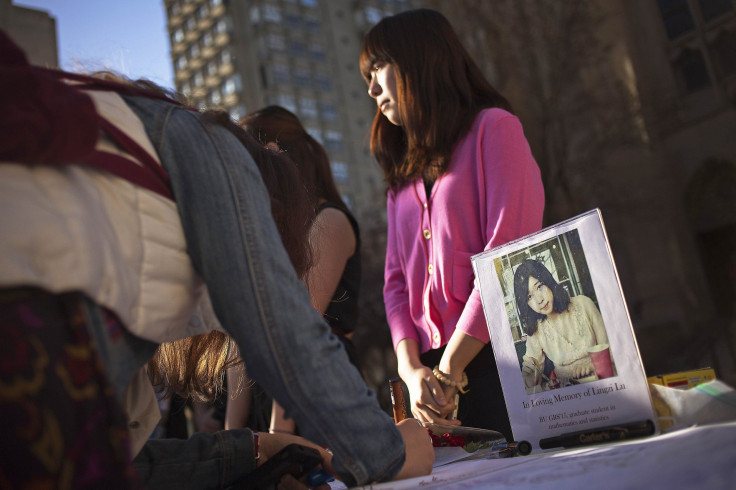Aftermath of Boston Marathon Explosions: How PTSD Might Affect Bombing Victims

Hours after the Boston Marathon explosions, rescue workers began estimating the number of wounded and now, days later, authorities report a total of 3 dead and 183 injured. A separate count that will only be known in time is: How many will suffer the symptoms of post-traumatic stress disorder (PTSD)?
The three main symptoms of PTSD as defined by the Israel Center for the Treatment of Psychotrauma are:
- re-experiencing (a feeling of the trauma as recurring)
- avoidance (a strong impulse to avoid anything that has to do with the traumatic experience)
- hyper-arousal (constant feelings of alertness, nervousness and difficulty concentrating).
The Center acknowledges that it is natural for feelings of fear and oppressive memories to occur in the weeks and months after a traumatic event. Normal reaction becomes PTSD, though, if such feelings continue beyond several weeks or get worse over time.
Compared to disfigurement or shrapnel wounds, PTSD seems a relatively light consequence of wrong place/wrong time. To disqualify PTSD as not a real injury, though, is to miss the point entirely. In a study conducted by the Department of Psychiatry, School of Medicine, University of Tuzla (Bosnia and Herzegovina), veterans with PTSD showed significantly lower scores when tested for various mental functions, including associative elasticity of thinking and short-term learning. Such results suggest that PTSD changes intellectual functioning and causes real deficits: an actual handicap.
Although knowledge of the brain science behind PTSD will only become more detailed and precise going forward, it has taken definite form over the past few decades.
In simplistic terms, the body's response to a traumatic event is a flood of stress hormones ("fight or flight"); this flood incapacitates areas and functions of the brain (including parts of the cerebral cortex, which creates logical thought); because of this disabled function, the event is neither processed nor stored in the usual ways — it remains outside the borders of long-term memory; in the future, then, the event is not remembered so much as re-lived.
How, then, is a PTSD patient healed? One treatment for easing the effects of trauma is exposure therapy — repeated confrontation will reduce a person's fear and anxiety.
"A lot of researchers are moving towards cognitive based therapies, including working with automatic thoughts," says Rena McDaniel, Director of Outreach and Operations at IntraSpectrum Counseling in Chicago. Working frequently with refugees and others who have experienced bombings, McDaniel's first step is trying to restore a sense of safety — often the primal loss for a trauma survivor.
And then there are the simple healing effects of calm and cheer. In his discussion of procedures at Beth Israel Medical Center after the Boston marathon bombings, trauma surgeon Dr. Carl J. Hauser gives weight to the effects of organization and calm in the wake of chaos.
"My job is to be cool and to go around and help other people to be cool," Hauser said.
Comfort dogs offer another kind of relief to trauma victims; in Boston, five golden retrievers, were embraced by dozens as they made their rounds to hospitals yesterday. Having previously worked in Newtown, Connecticut, these animals, trained as service dogs, seemed to offer victims and citizens alike what was needed most: simple warmth.
Published by Medicaldaily.com



























